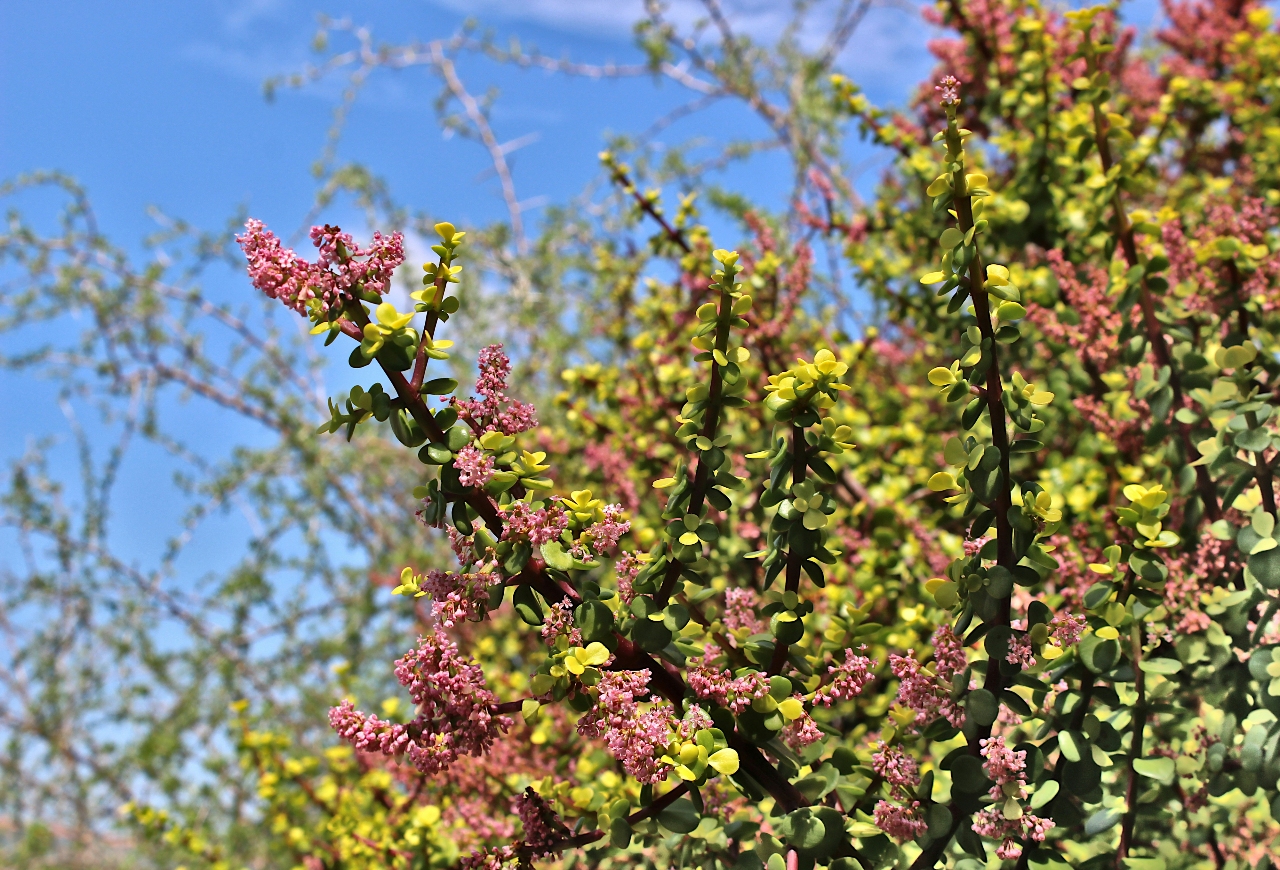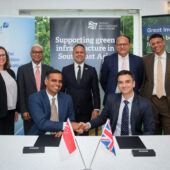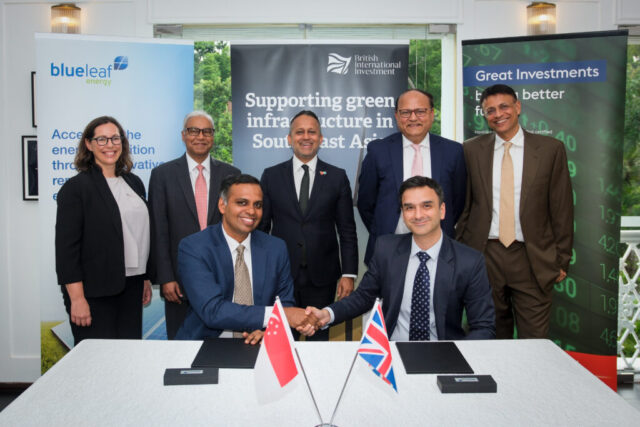The natural carbon capture project has secured catalytic funding from French asset manager Mirova along with Rubicon Carbon and GenZero.

Imperative Global has secured funding for a large-scale ecosystem project which aims to capture a substantial amount of carbon through restoring thousands of hectares of South African land.
Project Phase 1, which aims to restore 10,000 hectares of land through replanting the native Portulacaria afra thicket, is being funded through a syndicated agreement led by French asset manager Mirova, with backers for the project also including Rubicon Carbon and Temasek-owned GenZero. Mirova declined to disclose the amount it was funding.
“By supporting projects that provide solutions for the regeneration of highly degraded ecosystems, private and corporate investors can contribute to the transition towards a net zero and nature-positive economy, which requires huge amounts of capital, especially in emerging markets,” said Charlotte Lehmann, senior investment director, head of carbon at Mirova.
Environmental and social impact
Acting as an ‘ecosystem engineer’ the native succulent will help to restore the biodiversity of its habitat, and at full scale the project is estimated to remove over 30 million tons of carbon dioxide equivalent over its life span, according to the firm.
Additionally, the restoration project aims to bring a significant amount of foreign direct investment into the region, while also creating employment opportunities in an area of South Africa with some of the highest unemployment rates in the country.
By focusing on native species, the project aims to restore ecological balance in the region.
Imperative has also partnered with local restoration specialist NatCarbon Africa who have been tasked in overseeing the project on the ground.
With a project pipeline currently spanning across Africa, Asia, and Latin America, Imperative has a focus on native-species reforestation, mangrove restoration, large-scale agroforestry, and conservation projects, it says.
Furthermore, the firm said it believes in the use of the voluntary carbon market as a way to drive a just climate transition.
“This is the first major project from Imperative’s pipeline to reach a final investment decision. We aspire, with this project, to showcase how large-scale native species can be implemented with the same rigor, discipline, and predictability as large-scale projects in other, more mature capital projects sectors,” said Scobie Mackay, CEO of Imperative.
Tom Montag CEO of Rubicon Carbon, a carbon credit firm created by alternative asset manager TPG, said: “This carbon removal project will perform important ecological services to a heavily degraded biome while also supporting communities within the Eastern Cape for years to come.”





